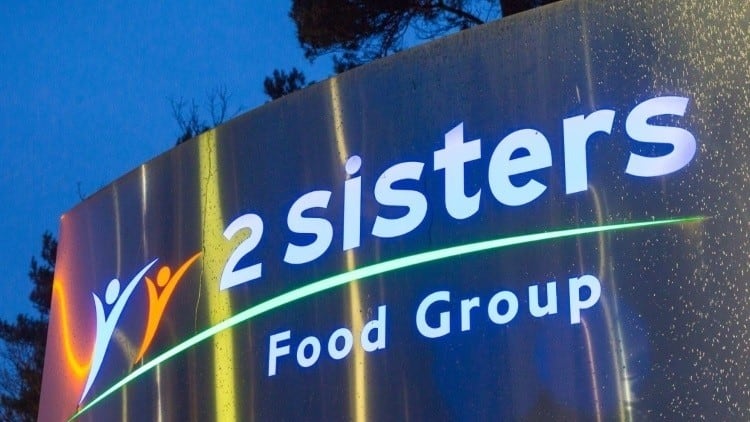A survey commissioned by Ingredient Communications found that 28.8% of respondents said they stopped buying a food or beverage product in the previous three months due to an increase in price. This was almost double the figure recorded 10 months earlier (16.1%).
It also found that nearly half of respondents (46.6%) had purchased a product less often, compared with 35.2% previously. More than half (53.4%) said they had switched to a cheaper brand, compared with 37.3% before.
Own-label
As a result, more than a third (35.6%) said they had switched to an own-label version of a product, compared to 23.5% in the previous year’s survey. Nearly all of the 500 respondents to the latest survey (99%) said they had noticed food and beverage prices rising in the previous three months, compared with 93.5% in the 2021 survey.
Richard Clarke, Managing Director of Ingredient Communications, noted that the war in Ukraine had exacerbated an already volatile situation since its last price sensitivity survey in December 2021.
“As well as difficulties sourcing certain raw materials, fuel costs have gone through the roof,” he added. “With winter on the way in the western hemisphere, and no sign of Russia backing down, demand for energy will spike and it’s hard to see any short-term easing of the inflationary pressures that food companies and consumers are facing.”
Quick fixes
Clarke acknowledged that manufacturers might be looking for quick fixes to help mitigate the effect of the seeming permanent string of crisis facing the industry, but warned that there were risks in taking this course of action.
“Consumers are very attuned to recipe changes and pack size reductions and social media means news of these can spread fast,” said Clarke. “At Ingredient Communications, we’ve always advocated using high quality ingredients that differentiate a product.
“But in these challenging times, it’s also worth talking to your ingredients suppliers to see how they can help. Many have extensive formulation expertise and might be able to advise on how to reduce input costs without compromising on quality or losing brand equity and consumer trust.”




